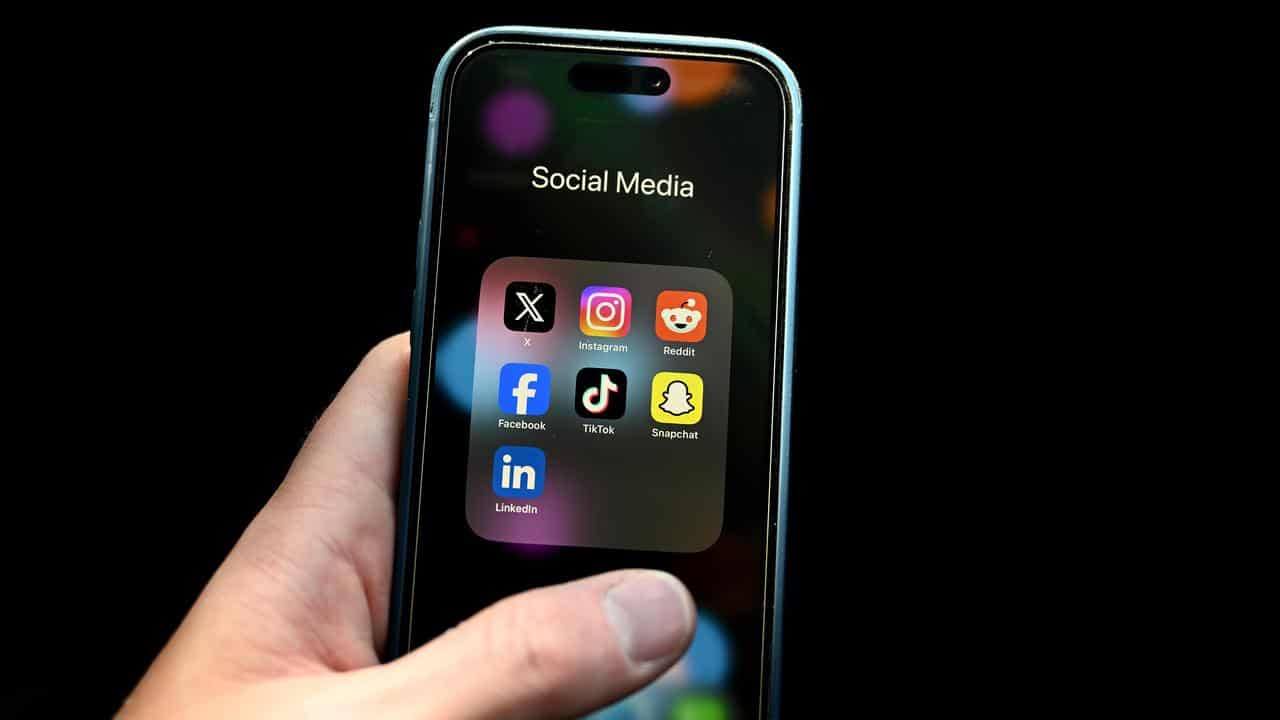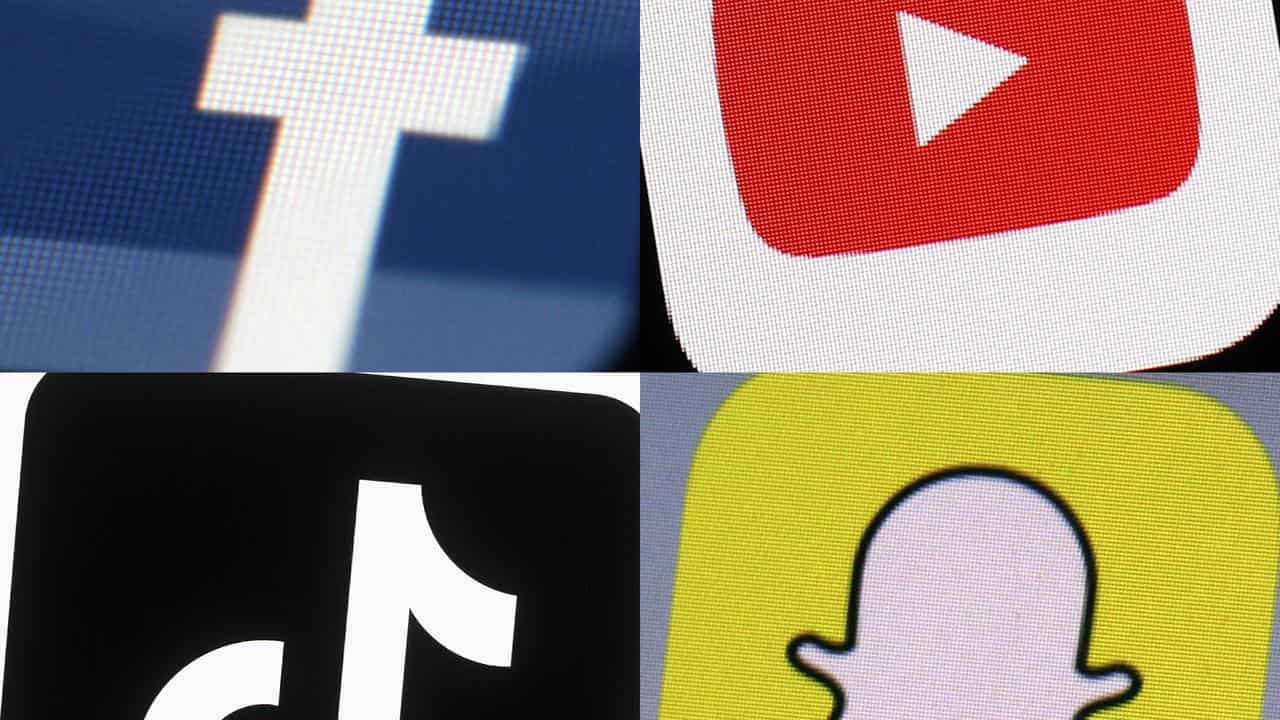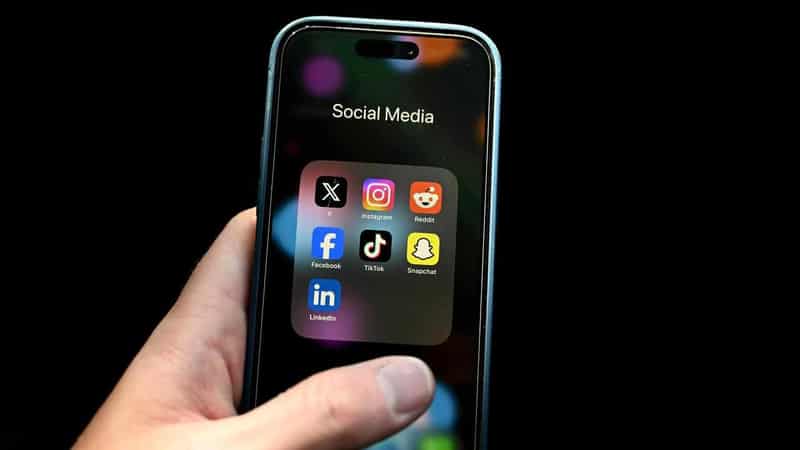
Facebook, Instagram, TikTok and Snapchat could be asked to participate in the Australian government’s age-assurance technology trial to assess whether it would stop teenagers from accessing social media and pornography.
But communications department officials told the Social Media and Australian Society inquiry on Tuesday they did not have the power to compel tech giants to participate in the trial and could only request their co-operation.
Representatives also revealed the trial would assess whether Australians were willing to share identification documents with social networks to verify their age or whether that would present too many privacy concerns.
The public hearing is the fourth in the social media inquiry, which was called in May to consider Meta’s decision to drop news deals, harmful and illegal content on social networks, their impact on mental health, and the use of age-assurance technology.
Communications department online safety, media and platforms acting first assistant secretary Bridget Gannon told the committee the age-assurance trial was still in the design stage but the department had appointed a working group and held preliminary discussions with social media companies including Meta.
She said the department would contract an independent agency to test age-assurance technology and whether it could stop teens from accessing social networks in addition to restricting access to adult material.
“We’re doing it in the context of children’s access to pornography where under the age of 18 it’s pretty well agreed you shouldn’t be looking at pornography,” she said.
“But we will also be looking at younger ages for the work that the government has asked us to do on children’s access to social media.”
Ms Gannon said while the department had approached social networks about participating in the trial, the department could not compel them to do so.
“We’re relying on their co-operation and it would be in their interest to co-operate because it will go to enforcement,” she said.

The trial would also assess Australians’ willingness to use different types of age restrictions, Ms Gannon said, as the government was mindful that some systems would require “handing over personal data to whoever’s doing the verification” and may create security and privacy risks.
In earlier hearings, Snapchat APAC public policy head Henry Turnbull said using technology to restrict teenagers under 16 from using social media was “not something that I support”.
Meta global safety head Antigone Davis also told the inquiry the company considered age restrictions better handled by app stores and operating systems, and warned that teens could seek to evade the technology.
The Labor government committed $6.5 million to an age-assurance technology trial in its May budget to occur alongside restrictions on pornography and violent content introduced by the eSafety Commissioner.
Opposition leader Peter Dutton last month also announced plans to ban access to social media for children under the age of 16 if he wins government at the next federal election.
The social media inquiry is expected to deliver recommendations in November.









